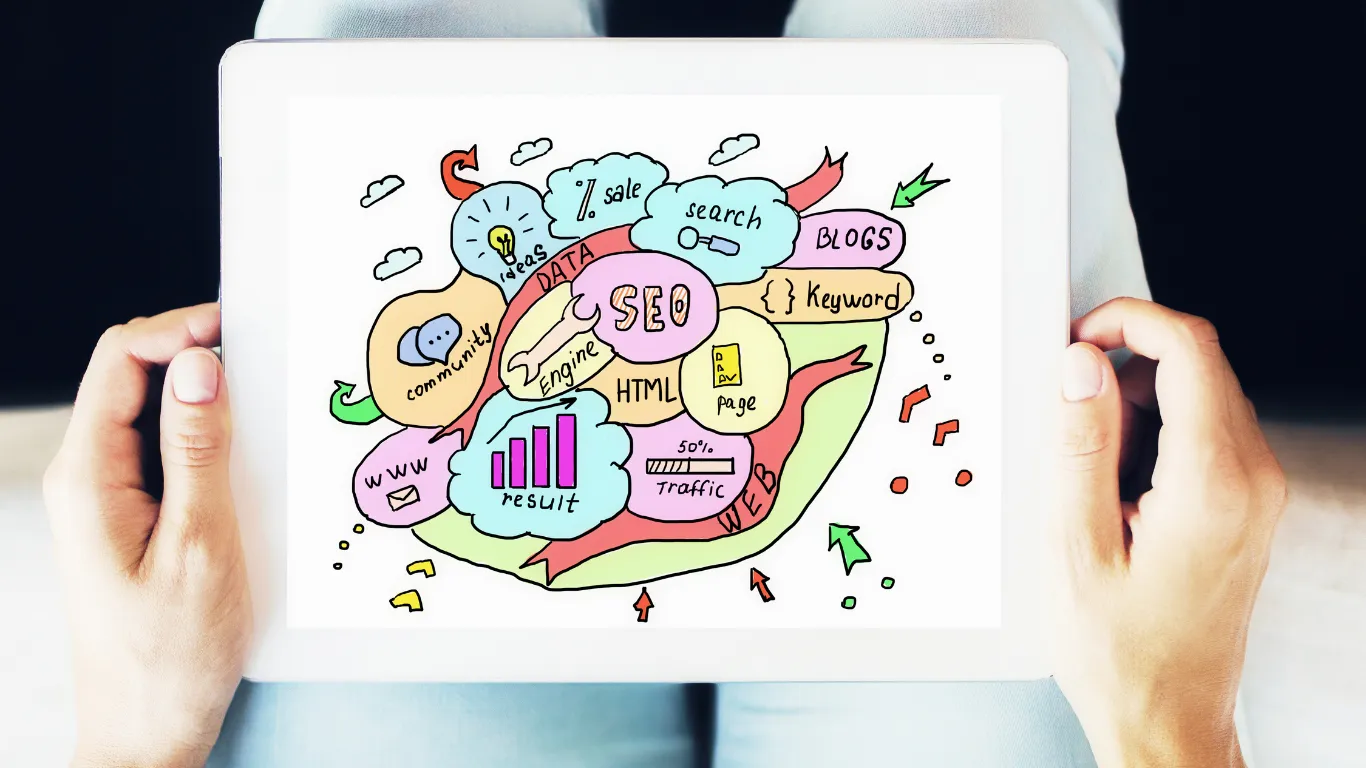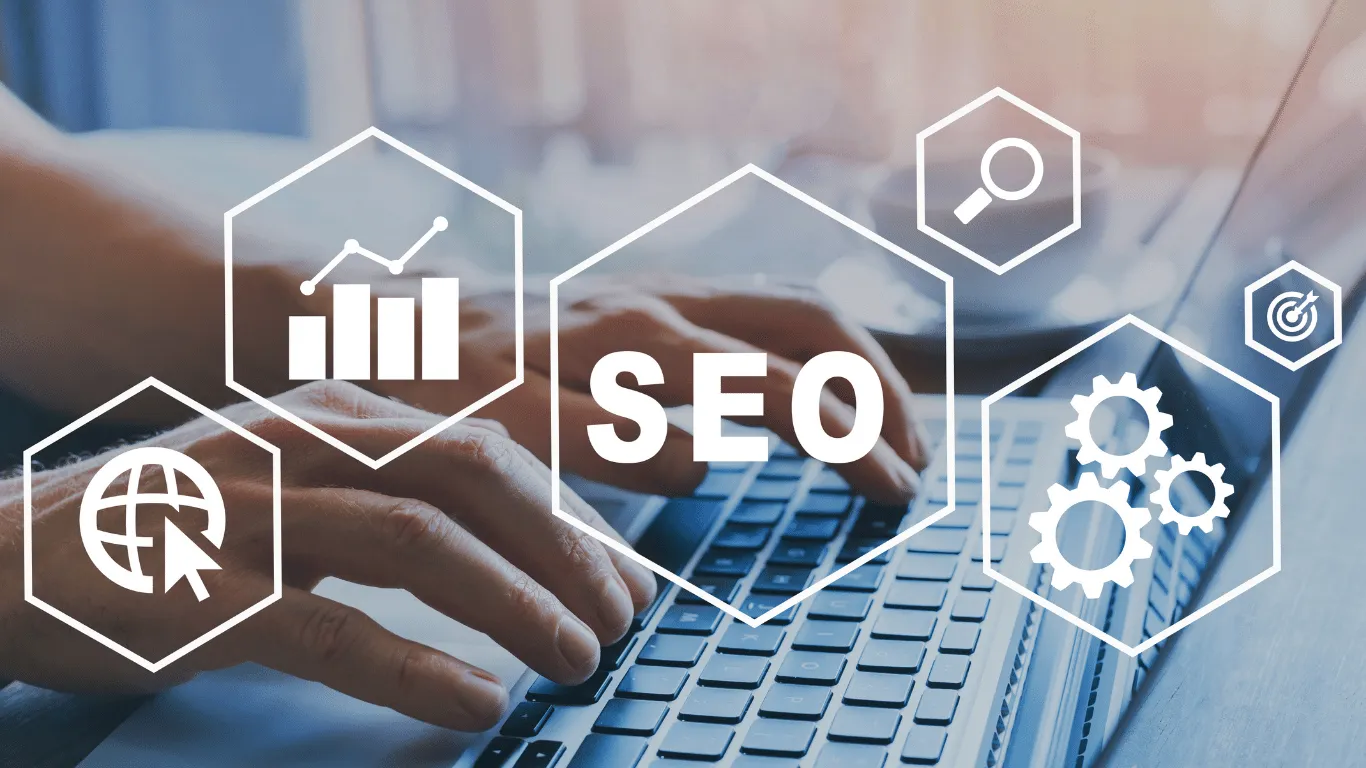Search Engine Optimization-clone
It's all about how your audience finds YOU!

Most search engines basically work in the same way. Search Engines like Google, Bing, Yahoo!, Ask.com, AOL, Baidu, and Yandex use highly complex computer programs to sort through masses and masses of web pages when you type in a word or phrase, called a search query.
Then, the search engine compares your search query to its catalogue of web pages, pulling out the best, most relevant matches to show you. The objective of the search engine is to sift through the masses of data and create the most relevant results based on your search query as quickly and effectively as possible. The results page shows links to websites, local business listings, items for sale, advertisements, images, maps, videos and soooo much more.
Why is this important?
For example your pipe has just burst and you need a plumber, that plumber needs to be local and in close proximity to you, no use they are located on the other side of the world.
On the other side of the coin if you are that plumber you want to show up in the search results when people search for related words and phrases. Why? Because the words entered into the search engine indicate the searcher is interested in your products and services, right now.
SEO is targeting people already looking for you!
Let's take a closer look at the basic process of search engines, they all generally progress through a 3 step process that starts with crawling, progresses to indexing and ends with ranking.
Search Engines use computer programs called bots (robot) to sift through web pages, images, videos etc. to discover content related to a search query. These bots proceed from page to page by following links to other pages. Bots visit and re-visit pages to see whether content on pages have changed or maybe new links have been established.
Crawling then transitions into indexing which is a huge list of online content found by the bots. The search engine uses this index as the source of information displayed on the search results pages. It is important to understand that not everything that the bot finds makes its way to the index. WHY? An example would be that a bot finds duplicates of content on different websites. For example you are in the market for a new Laptop or even a Macbook, the same description, advert etc. could be found on various retailers websites. To eliminate returning numerous duplicates the bot simply eliminates them.
Suggestion: If you market a product and or service that falls in this category it is best to create your own website and verbiage to be discoverable and return in results, as opposed to being lost in the masses.
The last and final step is called ranking, a highly sophisticated methodology that no one knows exactly how it works and includes a number of measures and comparisons like number of words on a page, number of links, updated content etc. The main objective of the bot is to list the most relevant information based on your search query. Ranking displays all the collected information on pages and pages of returned data, generally folks don't proceed to page two so your objective is to rank on page one.
Search engine optimization ( SEO) is a valuable marketing tool that drives organic traffic.

What parts of your website are important to help optimize your site?
Here is a quick run-down of the most important attributes you should look at to help optimize your website.
Search engines need to understand what your website is all about, a good starting point is to ensure you have a descriptive, unique Page Title that accurately describes your content. Then consider the verbiage and content of your website, what words will you use to describe your products and/or services. Do research to determine what terms your audience uses so that they can find your brand. Include relevant words and phrases but don't over do it, let your content be enriching and add value not just an inclusion of the same phrase differently.
Use relevant headings appropriately for bots to determine quickly what your content is all about.
Ah yes those mouth watering images of your menu, the beautiful layout of your floor plan, unfortunately the bot cannot 'see' the images so ensure to describe them in your code.
Reduce your websites load time, speed matters. Your audiences time is valuable, according to Google's market research 53 percent of mobile audiences leave a site if it takes more than three seconds to load.
Write information rich meta descriptions, also known as a snippet, in your code. A Meta descriptions will appear in search engine results beneath page titles, providing a more in-depth explanation about a page's purpose.
Address your URLs, yes even your URL needs to be descriptive and meaningful, replace dynamic URLs with static ones. The number at the end of a dynamic URL represents that specific post, but it's not at all descriptive. TIP: Use hyphens to break up the words in the URL, instead of cramming them all together.
In a nutshell SEO is about improving your website's Search Engine Ranking. The first step is to determine your baseline, namely how discoverable is your website currently. If you would like an SEO audit on your website click here to make an appointment OR send an email to [email protected].
